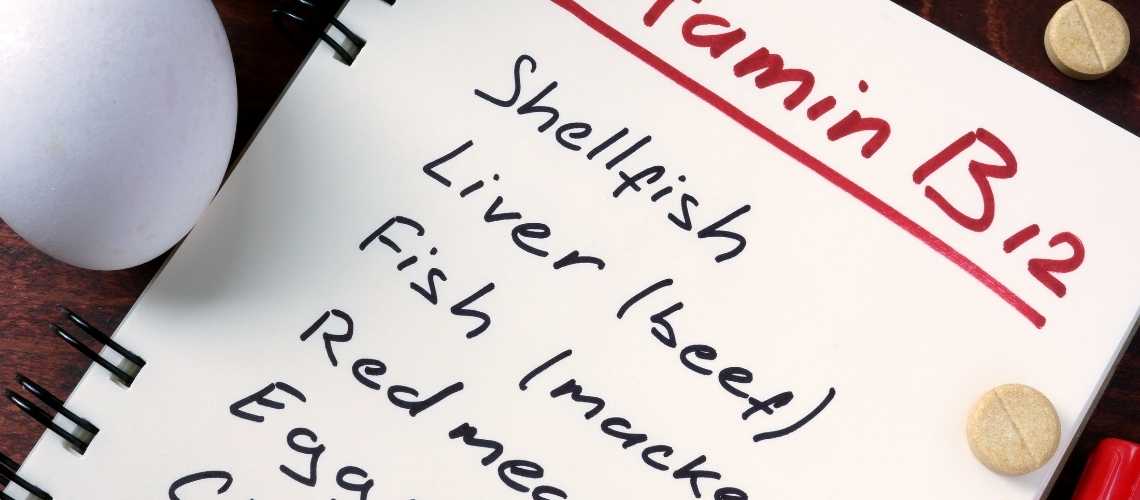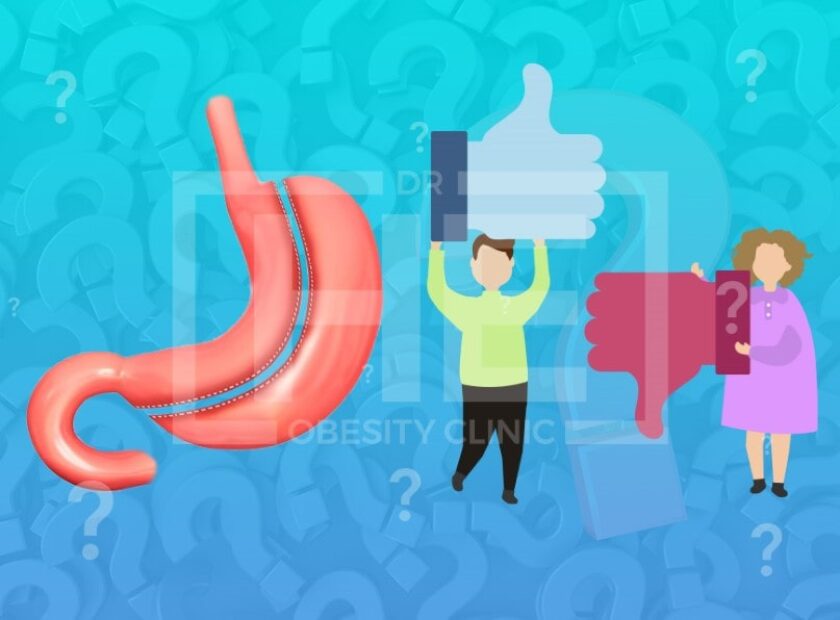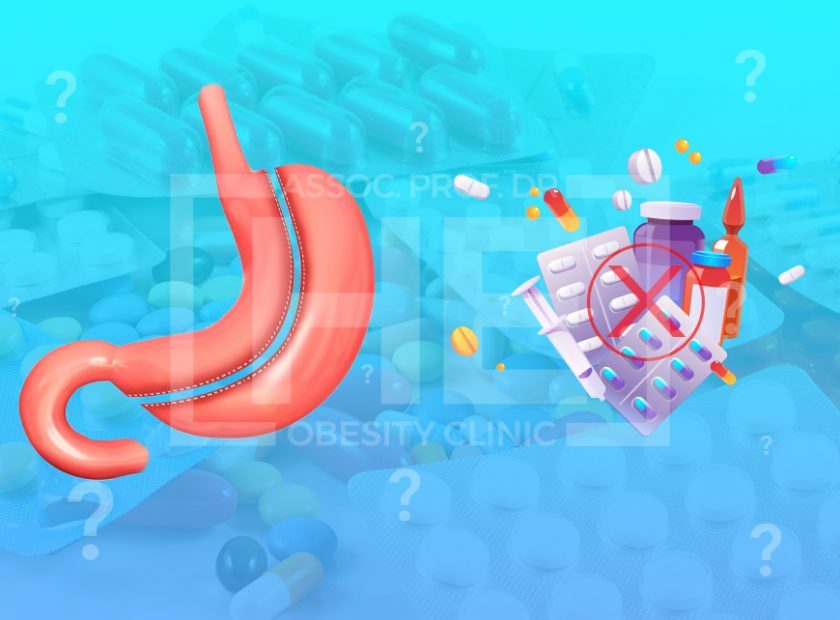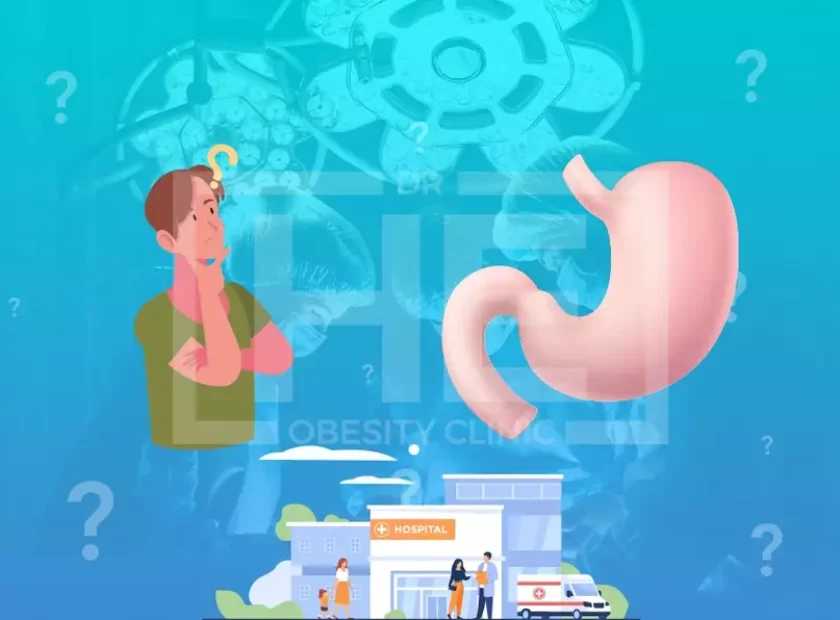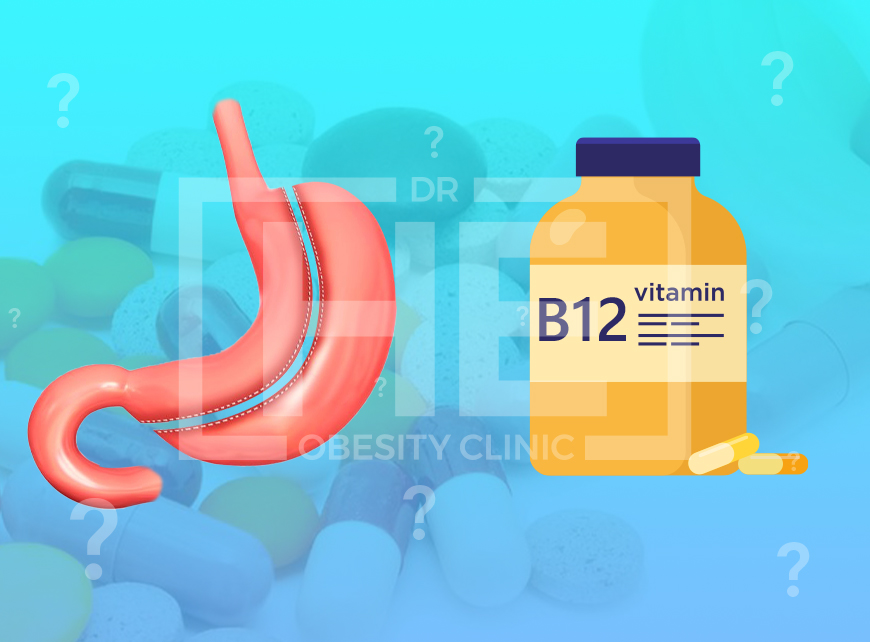
Is Vitamin B12 Used After Sleeve Gastrectomy? The use of vitamin B12 after sleeve gastrectomy surgery. Because this is essential to collect the effects of surgery. Among the most common reasons for vitamin supplements after any bariatric procedure, but particularly after the gastric bypass, is vitamin B12 deficiency.
The majority of patients will get vitamin B12 from their daily multivitamin, but many will need additional supplementation in the form of a pill or a longer lasting injection.
Before we begin, it’s important to understand what vitamin B12 is and where it can be found. Vitamin B12’s main function is to promote cell growth and replication in the body. However, B12 is necessary for the operation of the nervous system, as well as how our brain and spine communicate with the rest of our bodies.
While B12 deficiency is also most common after just a gastric bypass, studies show that 12% of patients who have had a sleeve develop one.
However, some medications, such as nitrous oxide, vancomycin, empagliflozin, colchicine, proton pump inhibitors, and seizure medications, make B12 deficiency more common. Other malabsorptive disorders, such as Celiac, can also increase the likelihood of deficiency.
What are the Signs and Symptoms of a Nutrient Deficiency?
B12 deficiency symptoms are uncommon, occurring in only 1% of jacket patients at 12 months post-op. However, they aren’t good, so keeping an eye out and for them is still a good idea. Undernutrition can take a long time to manifest, with symptoms that appear gradually and worsen over time.
It can also manifest itself quickly. Given the wide range of symptoms that a vitamin B12 deficiency can cause, it’s easy to overlook it or mistake it for something else. Symptoms of vitamin B12 deficiency include:
- Tingling, numbness, or strange sensations in the hands, legs, or feet
- Walking difficulties (staggering, balance problems)
- Anemia
- A tongue that is swollen and inflamed
- Memory loss or difficulty thinking and reasoning (cognitive difficulties)
- Weakness
- Fatigue
- Impairment of vision
If you have any of these symptoms, you should get a blood test to see if you have a B12 deficiency.
What can I Do to Avoid a B12 Deficiency After Gastric Sleeve ?
B12 rich foods should be consumed on a regular basis. The best sources are natural foods such as meat, eggs, poultry, and dairy. Fortified grains, such as breakfast cereal, are another source of iron.
Regularly test your system. B12 should be tested before surgery, six months and a year after a sleeve gastrectomy, and then once a year after that, according to the guidelines. You should be trialled every three months if you have been diagnosed with B12 deficiency or are taking medications that increase your risk.
Supplement. The dose varies depending on the supplementation route, according to the ASMBS:
- Orally, as a dissolving tablet, sublingually, or as a liquid: 350–500 mg per da
- As directed by the manufacturer, use nasal spray.
- 1000 mg injected once a month (this will need to be ordered by your doctor)
What is B12 and Why do we Require it?
Vitamin B12 is required for the formation of red blood cells, nerves, DNA, and other bodily functions. B12, like most vitamins, is not produced by the body and must be consumed (either in food or as supplements).
Some people do not get enough vitamin B12, while others cannot absorb enough of it no matter that however much they take in.
Weight loss surgery that alters the anatomy of digestive tract, such as a bypass or a sleeve gastrectomy, can result in B12 malabsorption. This is because vitamin B12 must come into contact with Intrinsic Factor inside the stomach in order to be absorbed.
Food does not comes in contact with intrinsic factor during a bypass. Smaller meals, less intrinsic element, and/or a shorten delivery time in the stomach after a sleeve can all contribute to B12 deficiency.
Do You Have to Take B12 After Gastric Sleeve Surgery?
If you are considering having gastric sleeve surgery, you’ll likely be asked if you have to take vitamin B12. You must remember, however, that the body does not make this vitamin, and therefore, it must be obtained through food or supplements.
Fortunately, you can avoid the need for supplements if you’re taking the right vitamins. In general, you should take 500 micrograms of vitamin B12 daily following weight loss surgery.
While gastric sleeve surgery does not require vitamin therapy, you’ll have to take it for a period of time after your surgery. Your doctor may recommend that you take vitamin supplements for a year, or even for longer under certain circumstances.
However, you should choose supplements that are beneficial to your body. Vitamin tablets or capsules dissolved in the stomach are problematic during the first two months after surgery. You may not be able to absorb them as easily as they would be absorbed by your small intestine.
Vitamin deficiencies are common after bariatric surgery. Many patients already get their daily vitamin B12 from their multivitamin, but some need additional supplements to prevent deficiency.
Supplementation in pill form is common. However, high-dose oral B12 is an option for select patients with asymptomatic B12 deficiency after bariatric surgery.
How Much B12 Should You Take After a Gastric Sleeve?
Due to the size reduction caused by gastric sleeve surgery, vitamin B12 deficiency can result. According to the advice of the surgeon or a dietitian, patients are typically advised to take Vitamin B12 supplements, typically in the amount of 1000 mcg to 2000 mcg. Since the patient may still be at risk of deficiency even after the operation, these supplements should be taken on a long-term basis. To monitor Vitamin B12 levels and make necessary adjustments, it’s crucial to get regular check-ups and blood tests.


